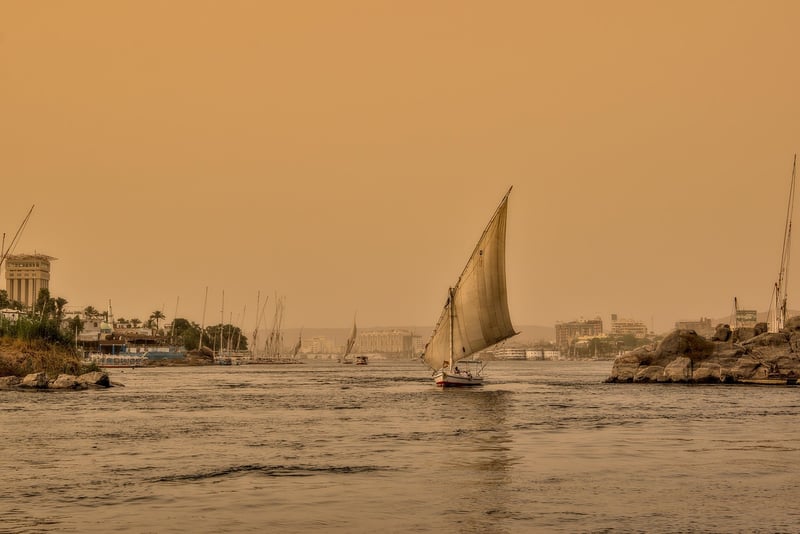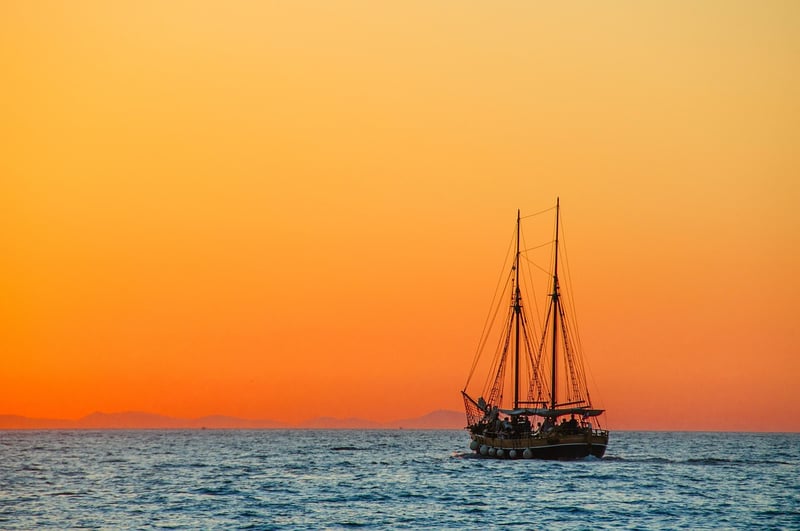Future Exploration
Exploring Different Eras and Future Exploration
Introduction
Exploring different eras and contemplating future exploration are fascinating topics that have captured the imagination of many throughout history. From ancient civilizations to modern space endeavors, the human desire to discover and push boundaries knows no bounds.
Ancient Exploration
Ancient civilizations like the Egyptians, Greeks, and Romans were pioneers in exploration. They traveled vast distances by land and sea, expanding their empires and exchanging knowledge with distant cultures. Their exploration laid the foundation for future generations to build upon.

Age of Discovery
The Age of Discovery in the 15th to 17th centuries marked a significant period of exploration. Explorers like Christopher Columbus, Vasco da Gama, and Ferdinand Magellan set sail to find new trade routes, leading to the discovery of the Americas, Africa, and Asia. This era reshaped global interactions and trade.

Space Exploration
Space exploration represents humanity's modern frontier. From the first moon landing in 1969 to ongoing missions to Mars and beyond, space agencies like NASA and SpaceX continue to push the boundaries of what is possible. The search for extraterrestrial life and the colonization of other planets are exciting prospects for the future.

Future Exploration
The future of exploration holds endless possibilities. Advancements in technology, such as artificial intelligence, robotics, and virtual reality, are revolutionizing how we explore new frontiers. Concepts like space tourism, asteroid mining, and interstellar travel are no longer just science fiction but potential realities in the making.
Conclusion
Exploring different eras and contemplating future exploration showcase humanity's innate curiosity and drive for discovery. Whether looking back at ancient seafarers or looking ahead to space colonization, exploration remains a fundamental aspect of human nature that will continue to inspire generations to come.
